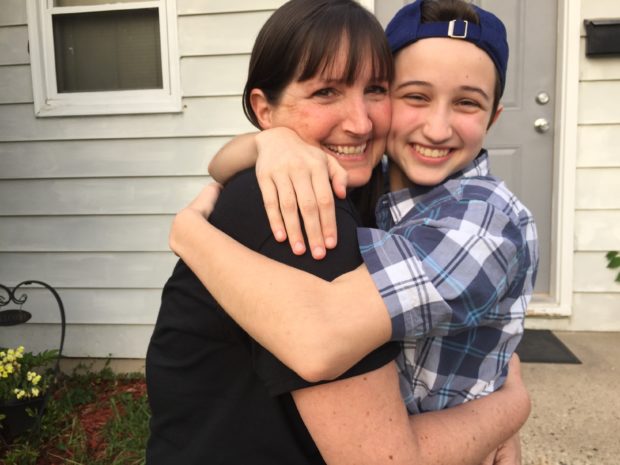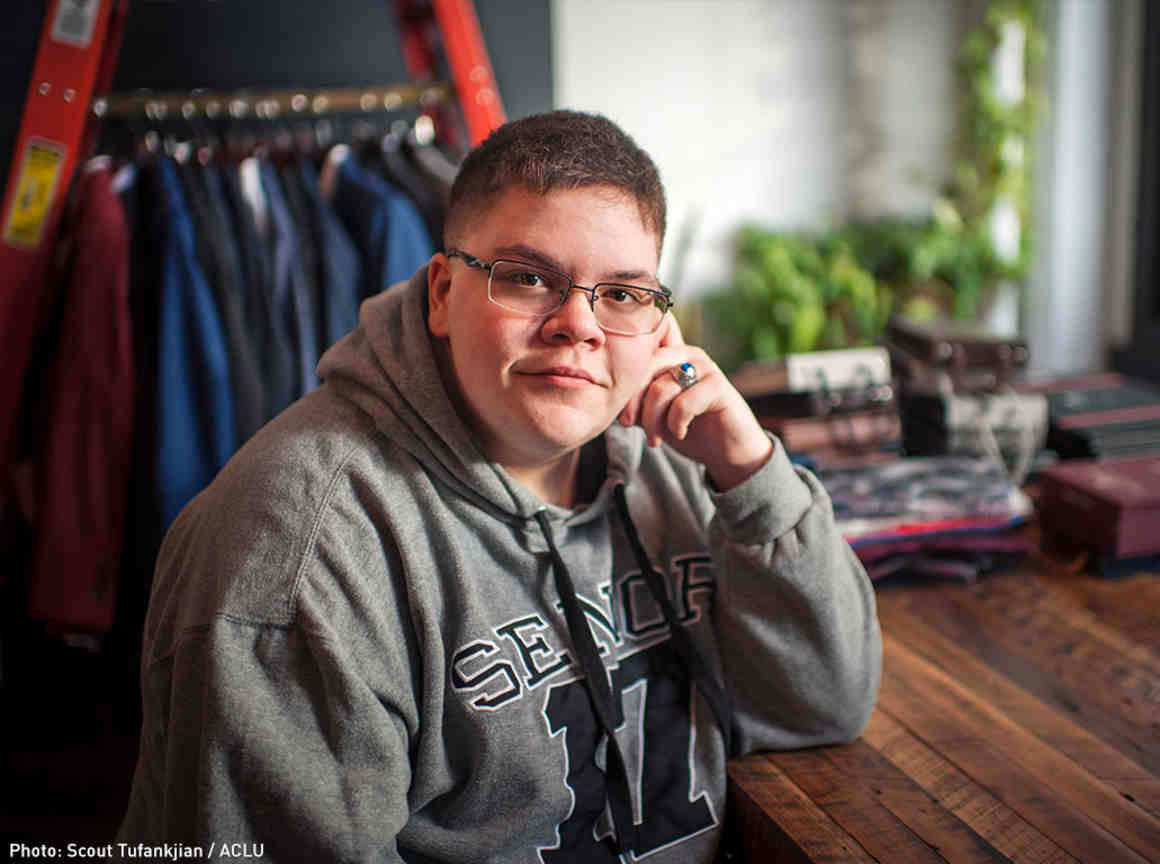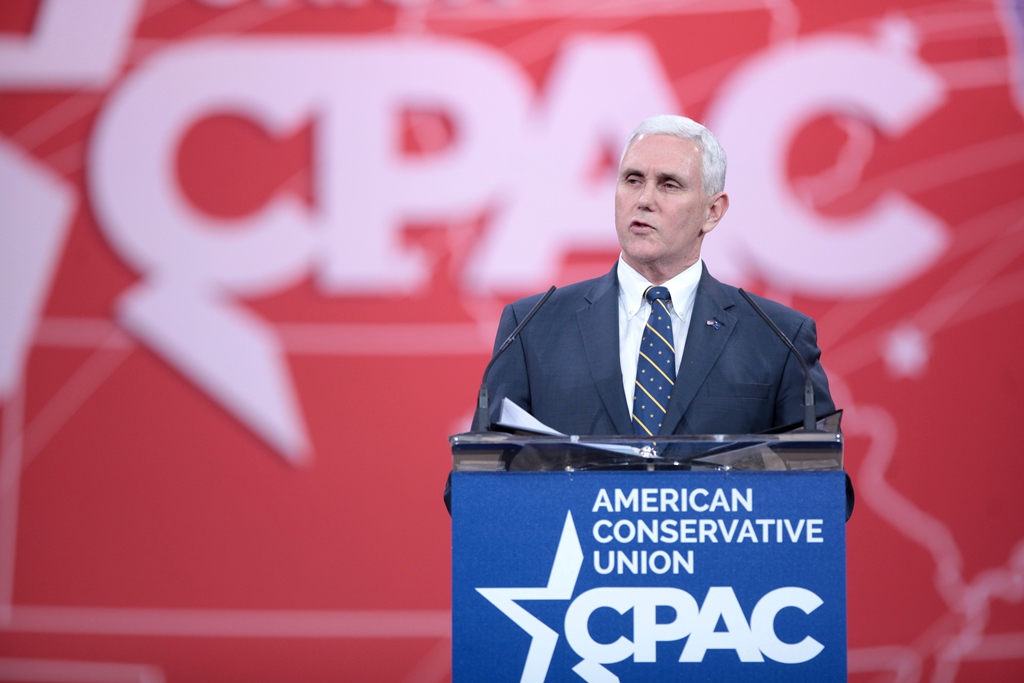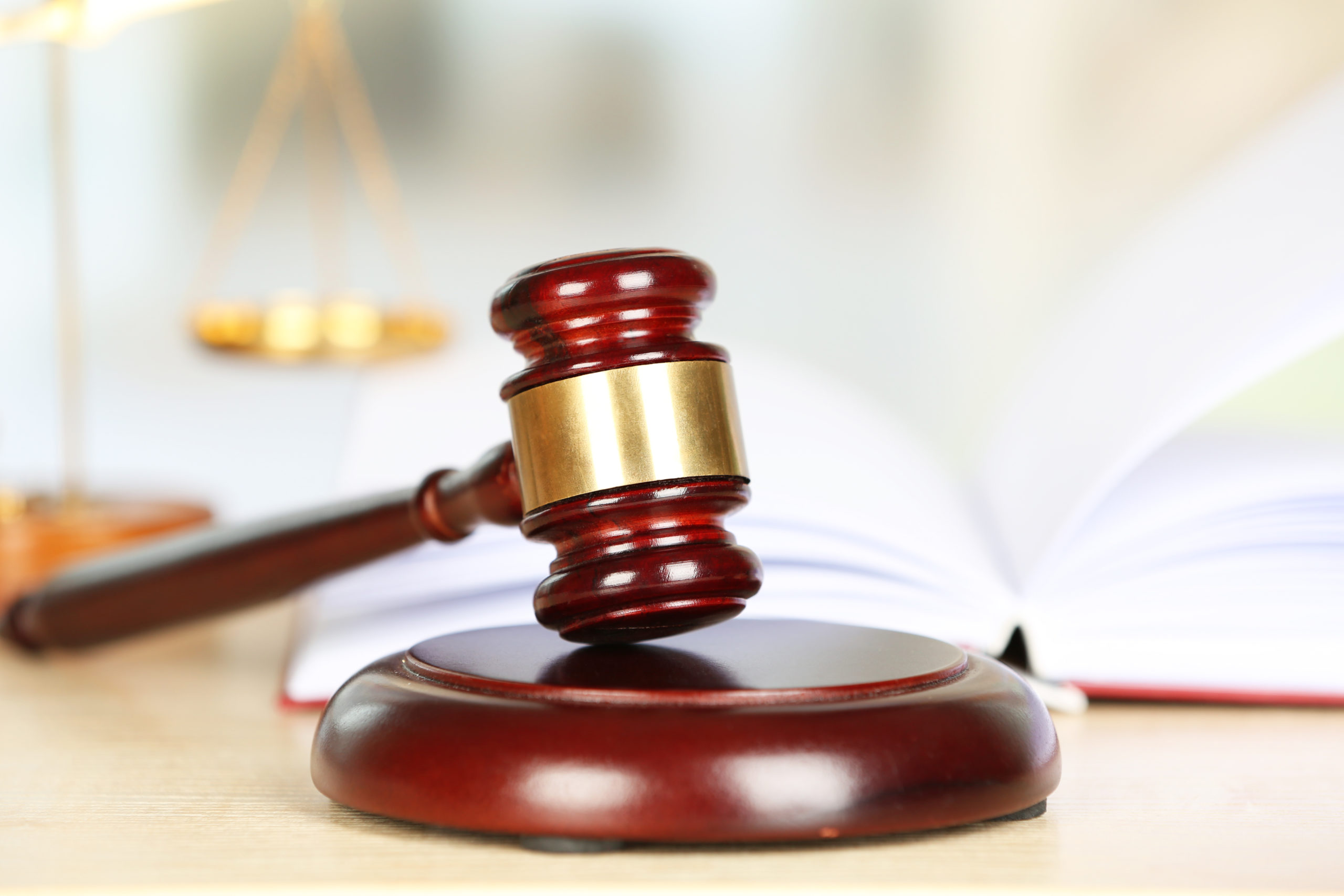Abortion rights, women of color, and LGBTQI+ people are under attack. Pledge to join us in fighting for gender justice.
Gun Control Is a Feminist Issue
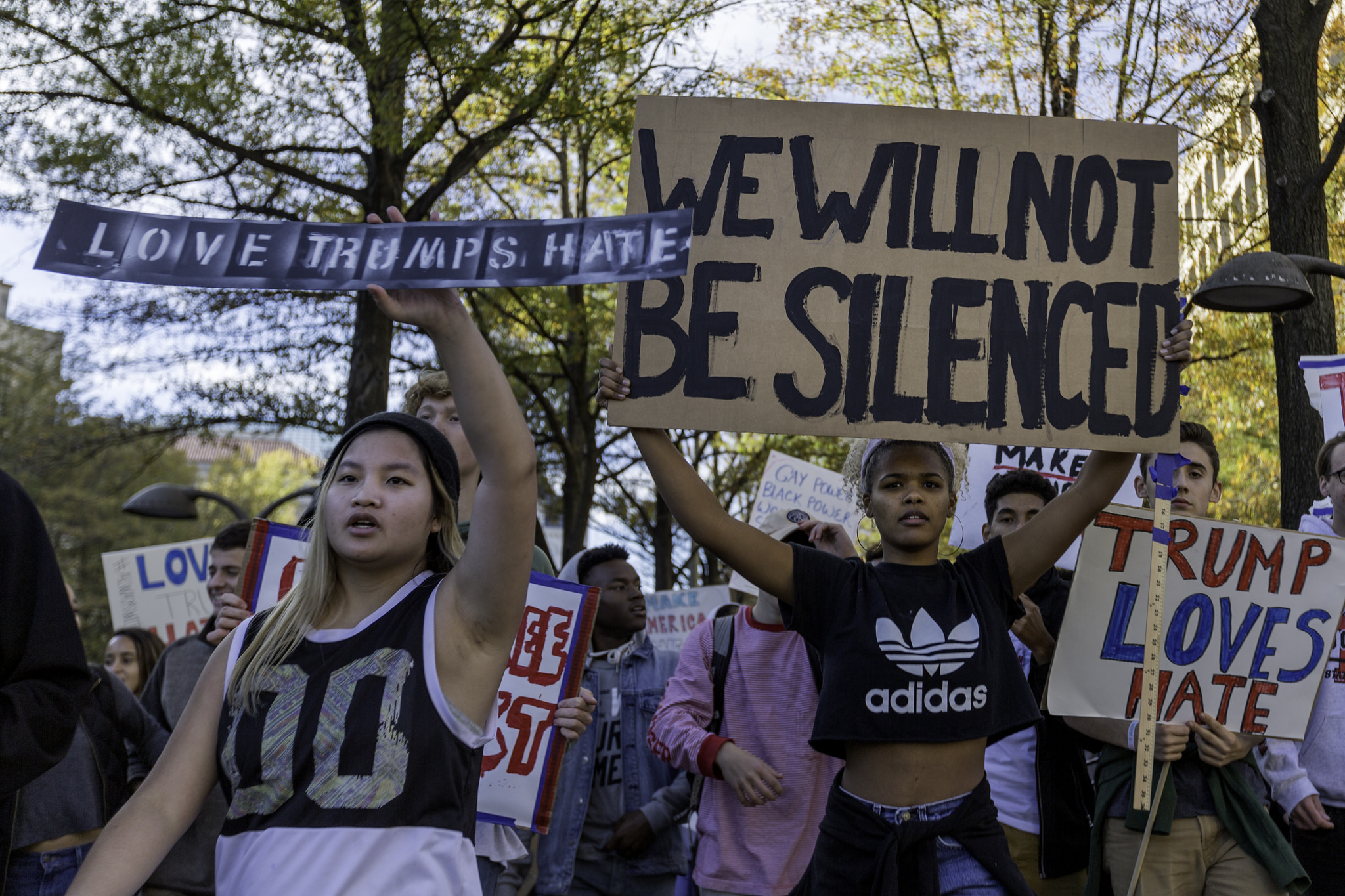
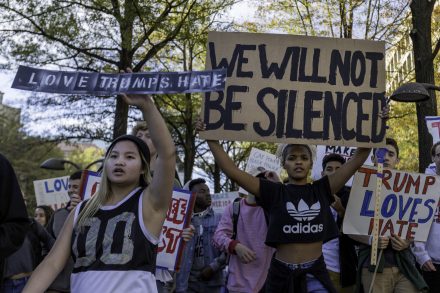
Updated on 06/29/2018
Before Jarrod Ramos gunned down five employees and injured two others at the Capital Gazette in Annapolis, Maryland, he stalked and harassed a woman with whom he’d attended high school. He had unsuccessfully sued the paper for accurately reporting on his criminal behavior.
Before Dimitrios Pagourtzis shot and killed two teachers and eight classmates at Santa Fe High School in Texas, he sexually harassed one of his victims, Shana Fisher, for four months.
Before Nikolas Cruz brought an AR-15 to Marjory Stoneman Douglas High School in Florida and killed 17 adults and children, he was allegedly abusive to his ex-girlfriend and stalked other female students.
Before Devin Patrick Kelley killed 26 people, including as many as 14 children, at the First Baptist Church in Sutherland Springs, Texas, he assaulted his wife and child.
Well before James T. Hodgkinson shot at a group of Congressional representatives, aides, and Capitol Police at a Virginia park, he was arrested and charged with assaulting his girlfriend.
Before Omar Mateen committed the deadliest mass shooting in American history — killing 49 and wounding 58 members of the LGBTQ community celebrating Pride at Pulse nightclub in Orlando — he beat and terrorized both his former wife and his now widow.
Before Robert Lewis Dear opened fire at a Planned Parenthood clinic in Colorado Springs, killing three people and wounding nine more, two of his three ex-wives had accused him of physical abuse, and another woman he previously harassed had him arrested for rape.
Before Elliot Rodger killed six people and injured 14 others near the campus of the University of California, Santa Barbara, he left a trail of threats and hate speech online, detailing his contempt for the girls and women (whom he apparently believed owe him and other men sex) who’d rejected him during his short life, as well as people of color and interracial couples. Rodger’s manifesto touched on several of the same themes as the hateful manifesto later penned by Charleston shooter Dylann Roof, who also viewed women as the property of the men of their race.
This pattern — of hateful people who view women as men’s property and/or commit acts of domestic violence before committing mass violence — reflects an important truth that we must keep in mind if we’re ever going to stop mass shootings: disarming hate is a feminist issue.
That’s why we here at the National Women’s Law Center have joined with numerous groups organized by Everytown for Gun Safety and Moms Demand Action for Gun Sense in America to observe Disarm Hate week.
Every year in this country, hateful people commit nearly 300,000 hate crimes, around 8,000 of which involve a gun. Multiple reports have noted an uptick in hateful rhetoric and hate crimes in recent years, with members of hate groups and other dangerous extremists feeling especially emboldened after the campaign and election of Donald Trump.
Yet well before many of these hate crimes and shootings take place, the perpetrators frequently leave clues that they are capable of such violence. And often, those clues include threats of violence and actual violence against women. If ours was a society that took violence against women seriously, we could not only reduce the number of people who experience it, we might also prevent many of these hate-driven mass shootings that not only kill hundreds of people every year, but also traumatize and terrorize entire communities for far longer.
We need to keep pushing to become the kind of society where all of us are safe to be who we truly are. That means shifting our cultural assumptions as well as our public policies.
We need to be the sort of society that encourages everyone, especially girls, women, and LGBTQ people, to take our fears seriously the first moment someone else makes us feel uncomfortable or unsafe. Too many of us are instead taught to second-guess our feelings and reactions until we’re deeply entangled with dangerous people. We need to believe and support survivors when they come forward with the threats and violence they’ve endured, not only because it’s the right thing to do for each survivor, but also because we might also save additional lives if we can intervene and prevent that attacker from harming additional people, on a small or large scale.
We also need to speak up if and when our friends and family members say or do hateful things targeted at entire groups of people. Not everyone who makes bigoted comments will go on to shoot up a club or a church. But pretty much everyone who does shoot up a club or a church drops hints about their horrific views well before their actions escalate to that point. Intervening when people we know first begin to be radicalized by hate speech can improve and save lives — theirs and others.’
And recognizing that we can definitely reduce – but probably not completely prevent – every single instance of interpersonal violence or hatred, we need to have robust public policies to keep guns out of the hands of people who have demonstrated their capacity to harm others. As Maya Angelou famously said, “When people show you who they are, believe them.” If a person has previously threatened and/or committed domestic violence or committed a hate crime, it should be common sense that they shouldn’t get to own or buy weapons that make it even easier for them to hurt or kill more people.
It’s time to treat the terror too many people face at home as seriously as we treat political terrorism. It’s time to take hateful rhetoric and actions seriously, too, and to regard them with much more urgency than we currently do. It’s long past time to take gun violence seriously and adopt common-sense approaches to keeping our homes and communities safe. It’s time to disarm hate.


